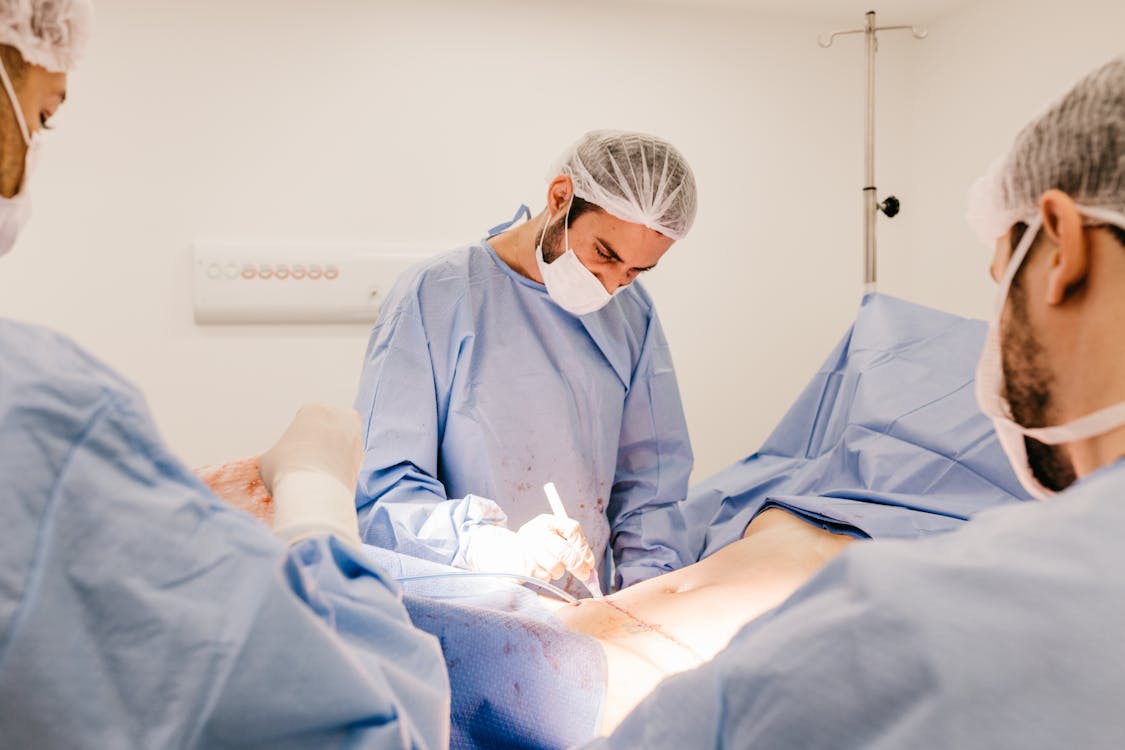Suturing the Mind: The Psychological Impact of Wound Closure

Wound closure is not just a physical process; it also has a profound impact on the psychological well-being of patients. The way wounds are closed and the subsequent healing journey can influence emotions, body image, and overall mental health. In this blog post, we will delve into the psychological aspects of wound closure, exploring the effects of visible scars, patient satisfaction, and the importance of holistic care. Understanding and addressing the psychological impact of wound closure is vital for providing comprehensive patient-centered care.
Visible Scars and Body Image
Visible scars resulting from wound closure can have a significant impact on a person’s body image and self-esteem. Scars that are highly visible or located in prominent areas, such as the face or hands, may cause feelings of self-consciousness and affect social interactions. It is essential for healthcare professionals to recognize and empathize with the emotional impact of scars, providing support and counseling when necessary.
Emotional Response to Wound Closure
The process of wound closure itself can evoke various emotional responses in patients. Anxiety, fear, and discomfort are common emotions associated with suturing procedures. Addressing patient concerns, explaining the procedure, and providing reassurance can help alleviate anxiety and promote a more positive experience.
Postoperative Satisfaction and Healing Journey
Patient satisfaction with wound closure outcomes plays a crucial role in their overall well-being. The perception of successful wound healing, minimal pain, and good cosmetic results contributes to improved psychological outcomes. Conversely, complications, prolonged healing, or unsatisfactory cosmetic outcomes can lead to frustration, disappointment, and negative emotional experiences. Open and honest communication, managing expectations, and involving patients in decision-making can enhance patient satisfaction and positively impact psychological healing.
Holistic Care and Psychological Support
Providing holistic care involves addressing the psychological impact of wound closure alongside the physical aspects. Healthcare professionals should be attentive to patients’ emotional well-being throughout the healing journey. This includes fostering open communication, offering psychological support, and providing resources for coping strategies or counseling services when needed. Collaboration with mental health professionals can ensure comprehensive care for patients experiencing significant psychological distress.
Scar Management and Psychosocial Well-being
Scar management techniques can have a positive impact on psychosocial well-being. Offering options for scar reduction or camouflage, such as silicone gels, laser therapy, or makeup, can help patients regain confidence and improve their self-image. Incorporating scar management as part of the overall wound closure plan demonstrates a commitment to the patient’s holistic recovery.
Patient Education and Empowerment
Educating patients about the wound closure process, expected outcomes, and scar management techniques empower them to actively participate in their own healing journey. By providing knowledge and resources, healthcare professionals can reduce anxiety, increase patient satisfaction, and promote a sense of control over the healing process.
Conclusion
Wound closure goes beyond physical healing—it profoundly affects the psychological well-being of patients. Visible scars, emotional responses to the suturing process, patient satisfaction, and the importance of holistic care all contribute to the psychological impact of wound closure. By recognizing and addressing these psychological aspects, healthcare professionals can provide comprehensive patient-centered care, promoting positive emotional outcomes, and supporting patients in their healing journey. Suturing the mind alongside the body ensures a holistic approach to wound closure and contributes to patients’ overall well-being.
